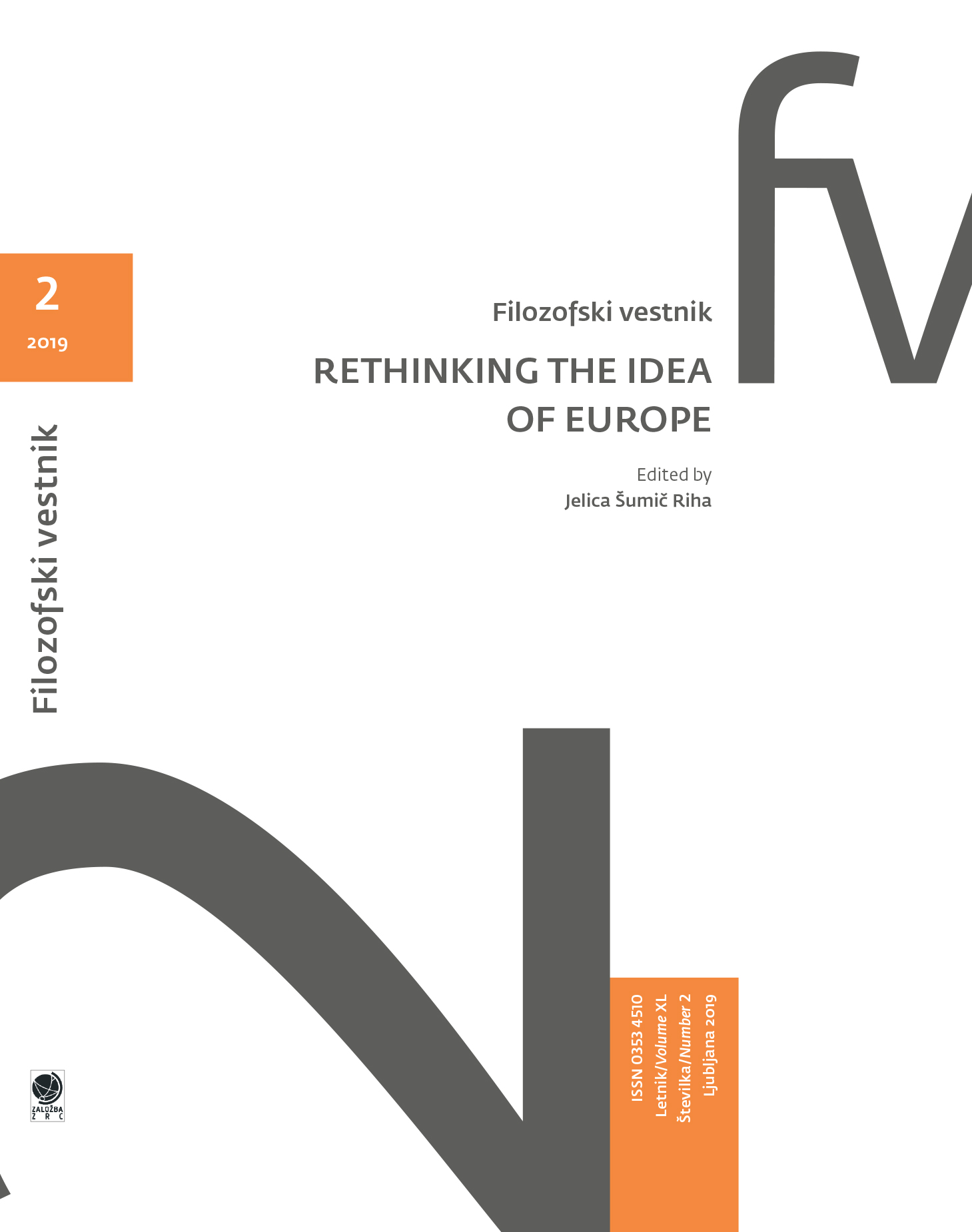Europa: The Politics of Mythology
Keywords:
Europe, Europa, mythology, Phoenicians, Semitism, anti-Semitism, colonialism, West/East, Europe/AsiaAbstract
Once the myth of Europa is seen as the European foundational myth, questions regarding the origin and meaning of the myth of Europa and of the word Europa itself become questions of the origins and meaning of Europe. These questions, involving the large issues of cultural heritage and racial descent, can thus become of central importance for the construction of “European civilization”. The myth of Europa functions as a prism through which we see world history. At the same time, the way one wants to see world history – and Europe’s place therein – and the value one attaches to “European civilization” determine interpretations of the myth of Europa and of the name Europa. The article surveys the nineteenth- and twentieth-century debates among historians of Classical antiquity and mythologists over the origins of Europa and Europe, with a special focus on the presumed or denied Semitic origins of the mythical figure Europa and of “European culture” or “civilization”, as well as on the frontiers of Europe. The politics of those debates were articulated in the context of the advancement of colonialism and anti-Semitism, the rise of Nazism, and two world wars.
Downloads
Downloads
Published
How to Cite
Issue
Section
License
Authors guarantee that the work is their own original creation and does not infringe any statutory or common-law copyright or any proprietary right of any third party. In case of claims by third parties, authors commit their self to defend the interests of the publisher, and shall cover any potential costs.
More in: Submission chapter





